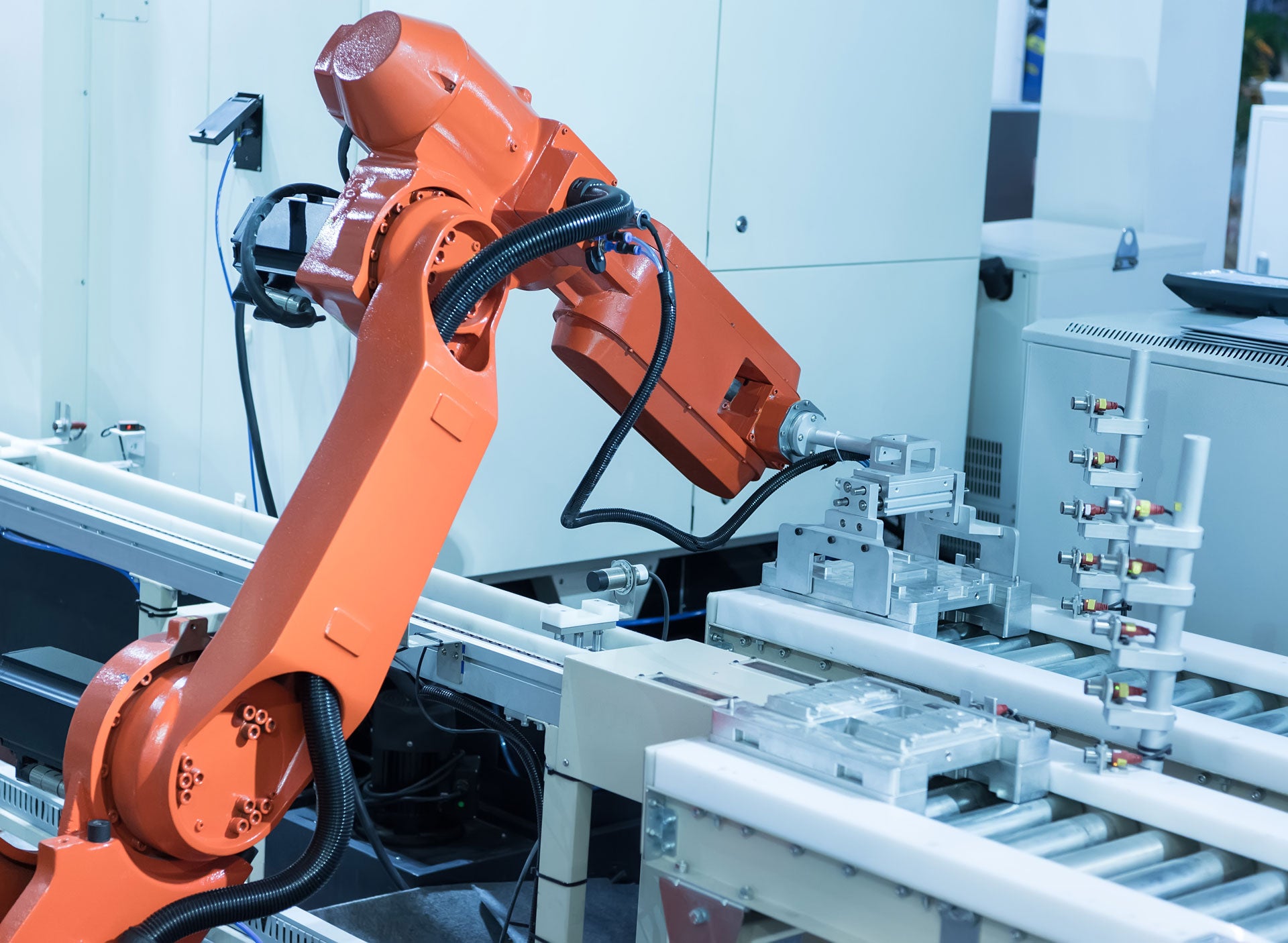
Analysis by the UK’s Office for National Statistics (ONS) has warned that 1.5 million jobs are at high risk of job automation, presenting a significant threat to the overall workforce.
The ONS analysed the jobs of 20 million people – around two-thirds of the total jobs in the UK – and found that 7.4% of these were at high risk.
However, this number varied significantly by age group. Best off were those aged 35-39, where just 1.3% of jobs were under threat.
However, the youngest were by far the worst impacted, with 15.7% of jobs held by 20-24 year olds under significant threat from job automation, and 8.9% of those held by 25-29 year olds.
Those close to retirement were also more likely to be impacted than those mid-career, with 7.7% of jobs held by those aged 60-65 at risk.
How well do you really know your competitors?
Access the most comprehensive Company Profiles on the market, powered by GlobalData. Save hours of research. Gain competitive edge.

Thank you!
Your download email will arrive shortly
Not ready to buy yet? Download a free sample
We are confident about the unique quality of our Company Profiles. However, we want you to make the most beneficial decision for your business, so we offer a free sample that you can download by submitting the below form
By GlobalDataSpeed of job automation raises concerns
For experts, it is the rate at which jobs are being automated that is of particular concern.
“It used to be the case that new technological advances brought new opportunities and often better paid work. That is no longer necessarily the case,” said Maja Korica, associate professor of organisation at Warwick Business School, in response to the findings.
“What is most concerning is the speed at which the biggest players are introducing these changes.”
According to Korica, major tech companies such as Amazon are playing a key role in rapid job automation.
“If you take a company like Amazon, it introduced more than 50,000 new robots in 2017, a 100% increase from the previous year. Estimates suggest 20% of its workforce may already be made up of robots,” she said.
“There are powerful incentives for other firms to do the same. These robots can work 24/7, 365 days a year, do not have unions, and do not complain or carry associated costs such as an acceptable working environment.”
Of note in particular is the range of industries being threatened by job automation.
“The traditional doctrine is that jobs will mostly move to the service industry where empathy and judgement are required. However, some of these traditionally better paid jobs, like lawyers, surgeons, and financial advisors, are increasingly targeted for automation too,” said Korica.
“Policymakers and business leaders need to be thinking about how they work together to deal with these problems.”
Read more: FedEx delivery robot sees courier giant join the last-mile automation race




